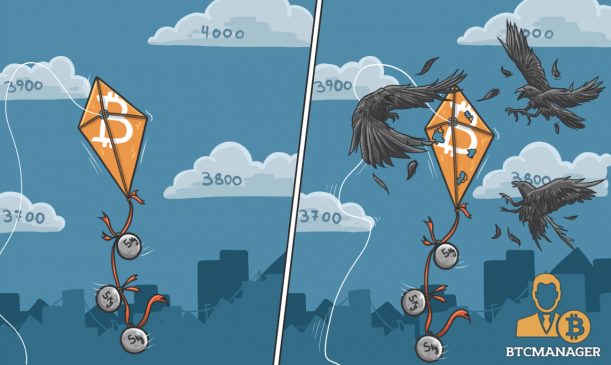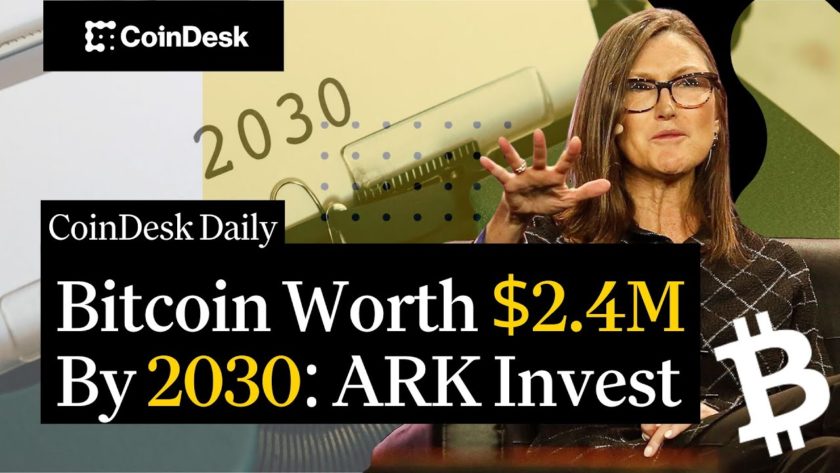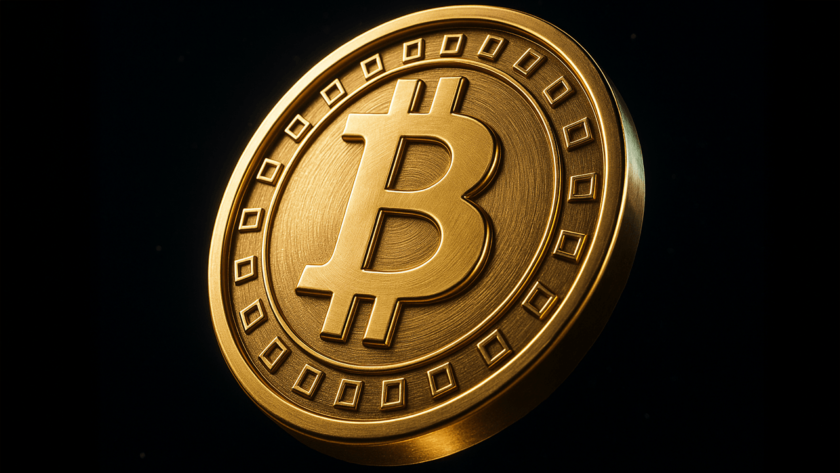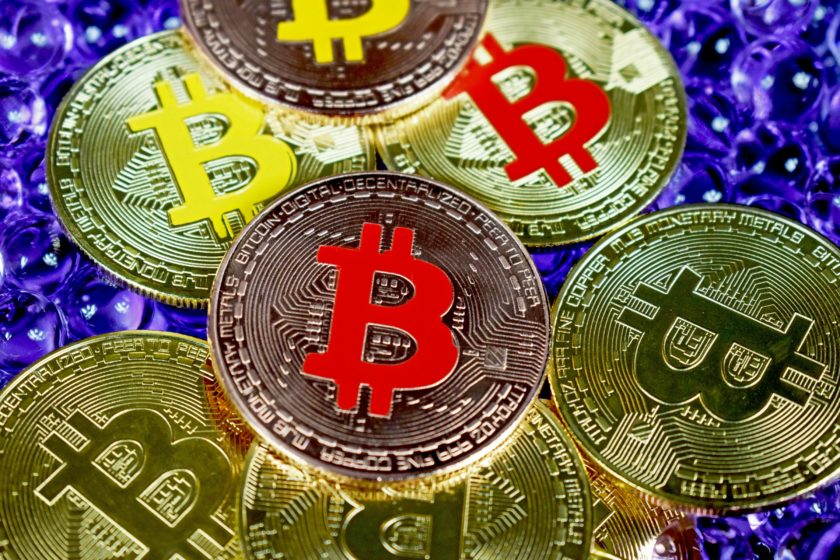It has been a hell of a year for bitcoin investors. Twelve months ago, we were coming off bitcoin’s all-time high of over $20,000. Today, the price of bitcoin is struggling to maintain the $4,000 mark after dropped by over 70 percent year-to-date.
As expected, news flow has been muted over the holiday period. The biggest headlines of the week come from the Bitcoin Mining giant Bitmain, which is rumored to cut its staff by 50 percent in light of the decline of the bitcoin mining market in 2018, and from India, which is reportedly considering legalized cryptocurrencies.
Bitmain has reportedly quietly sacked in BCH development team, in an odd move, after winning the BCH hash war and is now allegedly on the cusp of firing 1,000 of its 2,000 employees. In light of the drop in profitability in bitcoin mining and the decline in the value of old mining hardware, it can be assumed that Bitmain’s revenues have suffered substantially in the past six months.
Given that Bitmain is preparing to list on the Hong Kong Stock Exchange, the company will likely have to reorganize itself to ensure its profitability will be less linked to cryptofascist values going forward to have its IPO approved.
India, which has been somewhere between banning and somewhat allowed cryptocurrencies within its borders, may finally be legalizing cryptocurrencies in the coming year but “under strong rules.”
Also, for those who have been in the market long enough, the Mt.Gox saga may slowly be coming to an end as Mark Karpelès, the former head of the collapsed cryptocurrency exchange Mt. Gox, apologized for losses that bankrupted the company but insisted that he was innocent of charges of embezzlement.
Except for ether, altcoins are also in the red in the last trading week of the year. Top 15 altcoin are down anywhere from 1 to 18 percent, with BCH and BSV being the biggest losers of the week, dropped by 18 and 17 percent respectively.
This week’s contributions were provided by Aisshwarya Tiwari, Ogwu Osaemezu Emmanuel, Priyeshu Garg,
According to a report published by Finance Magnates, on December 24, 2018, Bitcoin mining behemoth Bitmain has sacked its entire Copernicus team, which was responsible for the development of the firm’s Bitcoin Cash client.
Per sources close to the matter, Bitmain has silently laid off its entire Bitcoin Cash client development team with just one-week notice. Blockstream CSO and former BTCC COO, Samson Mow made the layoff public on Twitter on December 24, 2018, adding that some of the employees “had just joined the company.”
Having a total strength of 2,000 employees, an abrupt layoff of close to 50 percent of the workforce will undoubtedly take its toll on the goodwill of the mining giant. Bitmain is inarguably the largest bitcoin mining firm in the world. The fact that its hash rate is steadily reaching 51 percent of Bitcoin Network speaks volumes about its dominance in the crypto mining industry.
Bitmain has not confirmed the reports yet, but it can be safely assumed that the recent crypto market plunge might have had its impact on the company’s long-term strategies.
Owning and using Bitcoin could soon become allowed in India, as the second interdisciplinary committee appointed to vote on the legality of cryptocurrencies is in favor of legalizing it, the New Indian Express reported on December 26, 2018.
According to the New Indian Express, some of the interdisciplinary committee members, such as RBI executive director Ganesh Kumar and a few Finance Ministry officials have actively participated in G20 and FATF working group meetings.
Seeing how the G20 countries recently agreed to introduce regulations on crypto assets to fight money laundering and financial terrorism, a much more lenient approach towards regulating Bitcoin is expected from the committee.
The newly appointed committee has already met twice to discuss the issue, a senior official who attended the panel told the New Indian Express, adding that there was a consensus among the members that cryptocurrency cannot be dismissed as entirely illegal.
The next meeting is scheduled for January 2019, but the unnamed official said that the committee would most likely submit its final report to the finance ministry as early as February 2019.
“We have also taken inputs from cryptocurrency exchanges and experts and will be examining legal issues with the law ministry. It’s a complicated issue. Once all aspects are decided, then we will have more clarity,” the official added.
Mark Karpelès, the former head of the collapsed cryptocurrency exchange Mt. Gox, apologized for losses that bankrupted the company but insisted that he was innocent of charges of embezzlement during the closing arguments of his Tokyo trial, the South China Morning Post reported on December 27, 2018.
During the hearing of the closing arguments in his Tokyo trial, Mark Karpelès, the former chief of Mt. Gox, restated his innocence and denied any wrongdoing in the events that ultimately lead to the company’s bankruptcy.
The 33-year-old French national faces charges of embezzling over 340 million yen, or around $3 million, from the exchange. He also faces charges of fraudulent manipulation of customer and financial data related to Mt. Gox.
According to the South China Morning Post, earlier in December Tokyo prosecutors demanded a 10-year jail term for Karpelès, claiming his alleged acts “were extremely vicious, as they completely undermined confidence in trading.”
Litecoin Foundation, the distributed ledger technology (DLT) project behind litecoin (LTC), has announced on December 27, 2018, that they have joined forces with the Ultimate Fighting Championship (UFC), a U.S.-based martial arts company to sponsor an event which will promote the adoption of cryptocurrency and create more awareness about the cryptocurrency project.
Litecoin Foundation reported that they are sponsoring the event UFC 232: JONES v.s GUSTAFFSON 2, a match between Jon Jones and Alexander Gustafsson scheduled for December 29, 2018. This is where Jones, a former lightweight heavyweight champion will be battling with Gustafsson, the current champion at the Forum in Inglewood, California.
The report, also noted that sponsoring an event of this nature where the Litecoin logo will be displayed on Octagon’s canvas and seen by millions of people will have a significant impact.
The company has pointed out that they are the first in the industry to promote a UFC event and the move marks another significant success for the blockchain technology and cryptospace, as they keep getting closer to global adoption with each passing day.
Samourai wallet has introduced a new privacy feature that prevents coin tracking services from freezing users’ funds and blocking their accounts, looking to tap into the market of those looking for complete privacy, the company explained in their blog post back in January 2017.
“Protection with the flip of a switch” is the motto behind Ricochet, Samourai’s most popular and valuable tool. Introduced back in 2017, the feature adds additional hops, or steps, to every Bitcoin transaction.
Blockchain spying software usually looks at a coin’s history around five hops deep, which means that these third-party apps would need to look ten hops backward to achieve the same level of “security.” However, diving ten transactions deep into every coin’s history are almost impossible due to the increased costs and overheads these apps would face.
According to Samourai’s website, when turned on, the Ricochet feature enables the wallet to collect the needed inputs and calculates the total miners’ fee for the entire ricochet. The wallet then broadcasts the first decoy transaction, which looks like an ordinary transaction to a blockchain spying software. After three more hops, the wallet then proceeds with the transaction as usual.
Ricochet was updated in 2018 to use Samourai’s native Segwit bech32 addresses for all the added transaction hops, which managed to reduce miner fees. The company also introduced a new algorithm which, when paired with the Payments Number feature, drastically reduces the fingerprint of the Ricochet transaction on the blockchain.
WSJ reviewed 3,291 ICO to check for duplication in their objectives, identify theft, and root out non-existent team members, and so far, it has succeeded in fishing out 16 percent of potential scam projects. For research purposes, a journal of several whitepapers was first created, with their PDF versions were culled ICOBench, Tokendata.io, and ICORating.com. They were later reviewed automatically and manually to find out elements of plagiarism and their originality.
WSJ says several criteria were used to judge each ICO, including the level of risk involved, duplication of words and phrases, inability to access their web pages, and the fake team members on its board.
The level of risk involved in each ICO was reportedly determined by accessing specific keywords that were used in all the whitepapers. Some of these words are “guaranteed profit,” “no risk,” “nothing to lose” and “return on investment” (ROI). Over 2,000 projects showed one or more of these red flags.
Category: Altcoins, Blockchain, Business, Ethereum, News, Platform, Tech
Tags: bitcoin, cryptocurrency, digital tokens, ICO, India, litecoin, Samourai, week in review




